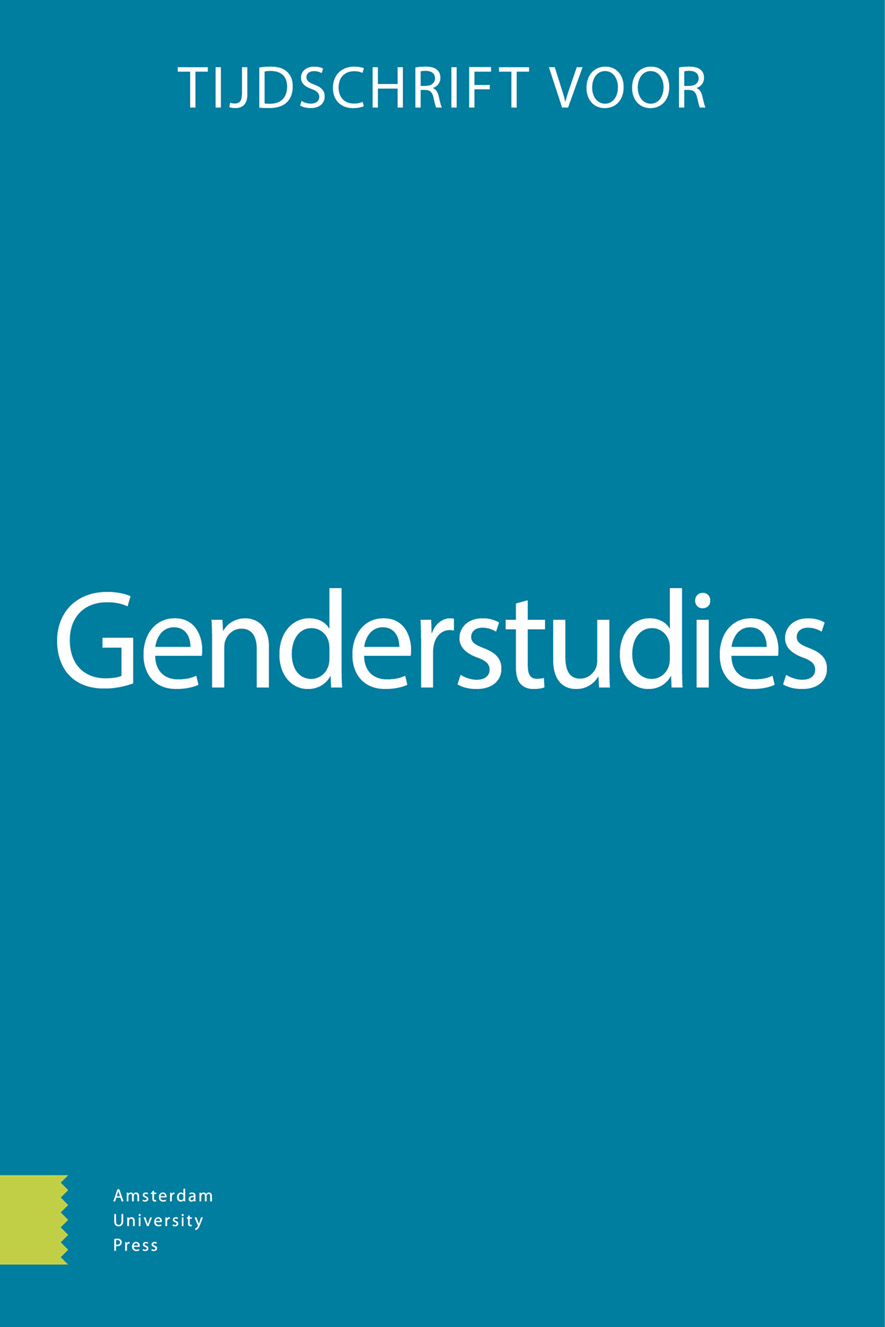-
oa A critical reflection on the intersections of mixedness, marriage and conversion among female converts in the Netherlands
‘But I did it for myself’
- Amsterdam University Press
- Source: Tijdschrift voor Genderstudies, Volume 26, Issue 3/4, Dec 2023, p. 257 - 275
-
- 01 Dec 2023
Abstract
This article explores the relationship between marriage and conversion from a critical gender perspective, based on a comparative ethnographic study of women’s conversion to Judaism, Islam and Christianity in the Netherlands. In the study of religion and gender, a valuable conceptual framework developed that questions the limited representation of religious women (as somehow ‘oppressed’) and recognises agency within observance. However, up to now, theories and conceptualisations of female conversion have not been able to successfully deal with the tension between individual agency and relationality, more concretely: between individual choice and the impact of intimate relationships. This article suggests a framework more capable of grasping the complexities of conversion and marriage, by introducing the concept of mixedness. In this approach, relationships are understood as agential spaces of religious becoming. Conversion forms and reforms what is ‘mixed’ within a relationship, and intimate relationships indeed play an important role in religious becoming. The goal is to move beyond the binary options that women seem to have to vocalise their process: either they convert because of someone else (implying less agency) or their religious transformation is an expression of autonomous, individual choice (neglecting the impact of relationships). Mixedness highlights the dynamic and fluid aspects of intimate relationships, whilst simultaneously focusing on the interactions between the couples’ experiences of mixedness and social norms of majority and minority religio-racial groups.


